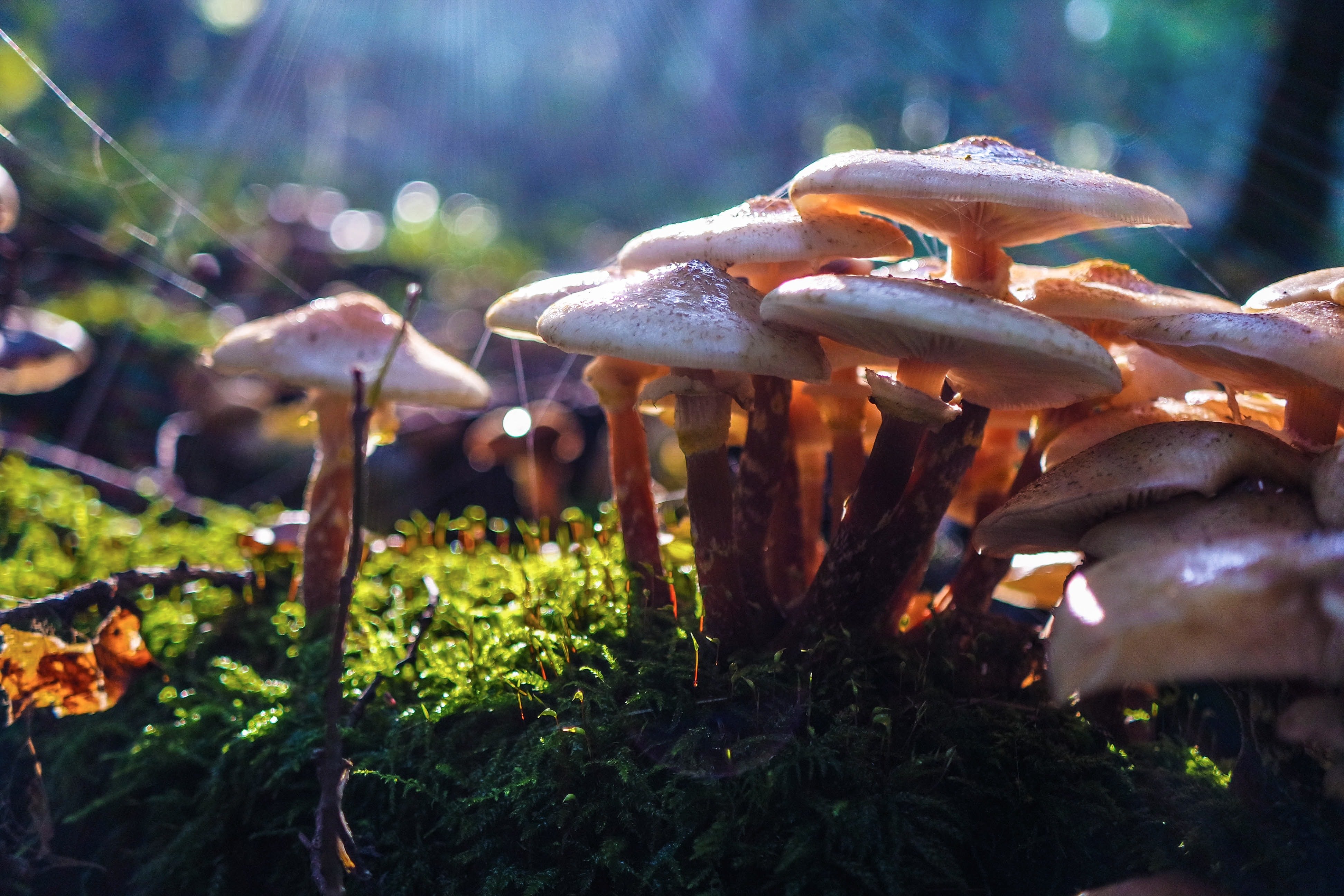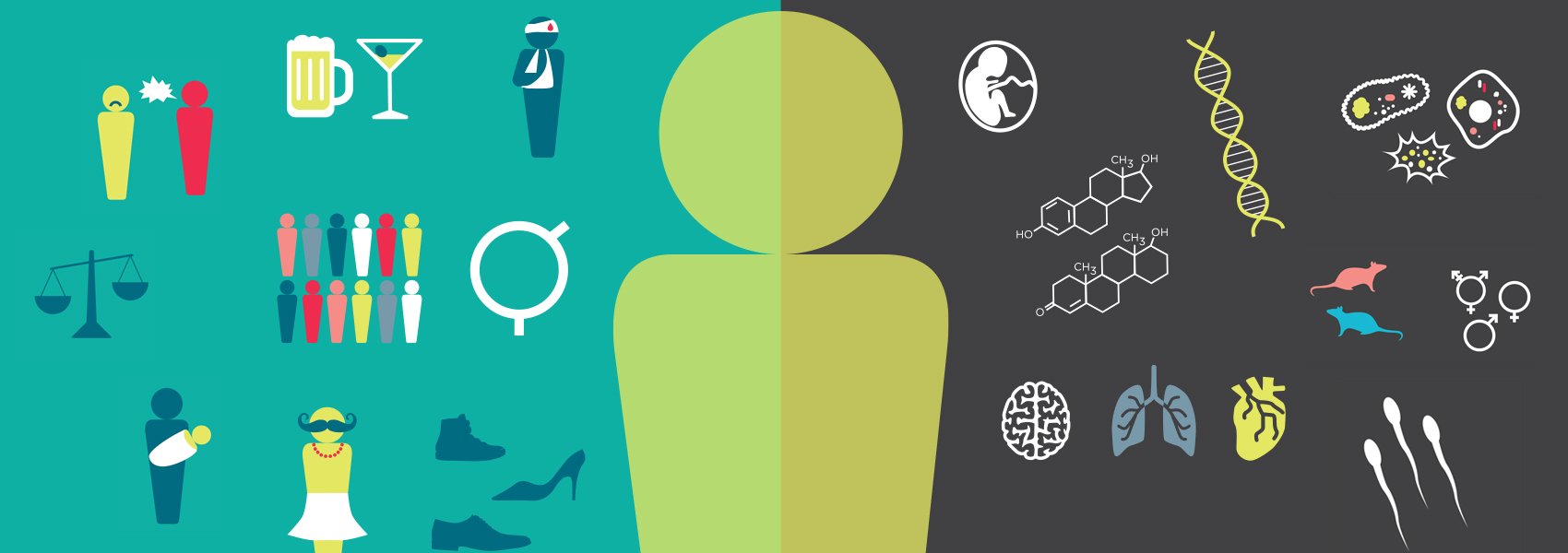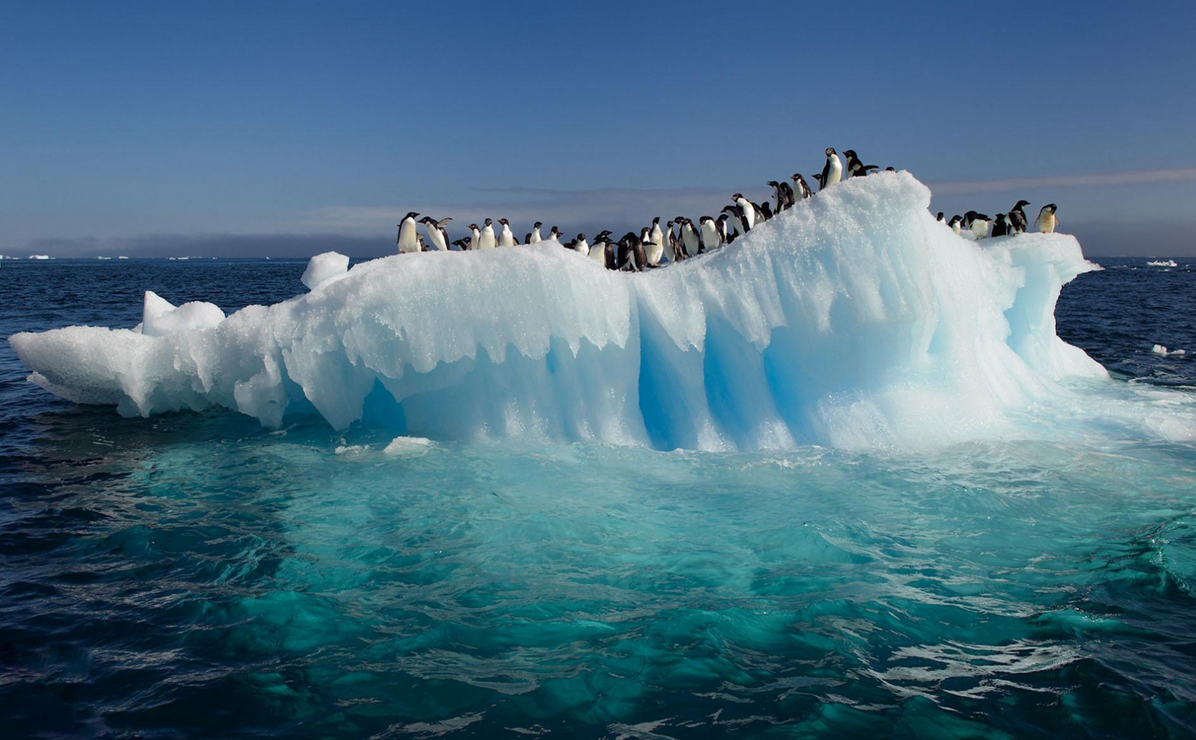Plants and fungi together could slow climate change
A new global assessment shows that human impacts have greatly reduced plant-fungus symbioses, which play a key role in sequestering carbon in soils. Restoring these ecosystems could be one strategy to slow climate change. Human-induced transformations of Earth’s ecosystems have strongly affected distribution patterns of plant-fungus symbioses known as mycorrhiza. These changes have greatly reduced … Read more









